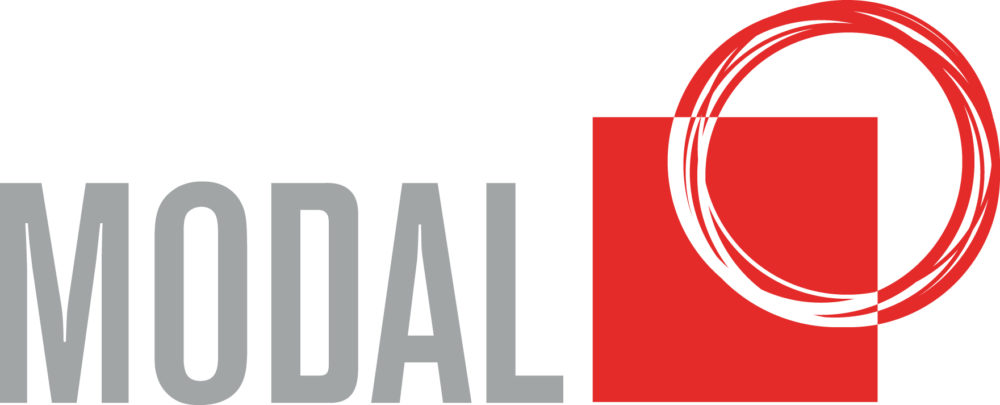Every organisation has a culture, but not every organisation takes the time to choose the culture that will enable great performance.
- 65% of executives say corporate culture influences productivity, creativity, profitability, firm value, and growth rates
- 58% of employees have left a job because of poor culture or negative office politics
- 37% of people say they trust strangers more than they trust their own team at work
Most organisations recognise the outcomes of workplace culture, yet find it harder to understand and measure the complex causes of culture critical to culture change. Not only that – leaders have to be able to define and emulate the culture that will lead to the greatest performance outcomes. “Culture Eats Strategy for Breakfast” describes the well worn path of great strategy never seeing the light of day due to misaligned organisational culture.
“Organizational culture defines a jointly shared description of an organization from within.” — Bruce Perron
Culture is a carrier of meaning. Cultures provide not only a shared view of “what is” but also of “why is.” In this view, culture is about “the story” in which people in the organization are embedded, and the values and rituals that reinforce that narrative. It also focuses attention on the importance of symbols and the need to understand them — including the idiosyncratic languages used in organisations — in order to understand culture.
Developing and strengthening an organisation’s culture requires clarity around what culture really is as well as a measure and common language by which to describe the culture. Without that you will find it hard to align your teams to a common purpose, foster trust, increase productivity and performance and maintain high levels of engagement. Culture is also one of the greatest factors when it comes to retention; with staff turnover costing some organisations as much as 40% of their total profit each year, having a toxic culture can be incredibly detrimental.
We partner with your leaders to develop and create an ideal culture that ‘sticks’ – one that doesn’t just increase retention and efficiency, but helps you reach your organisations goals. Learn more about how we can help you with culture here.





